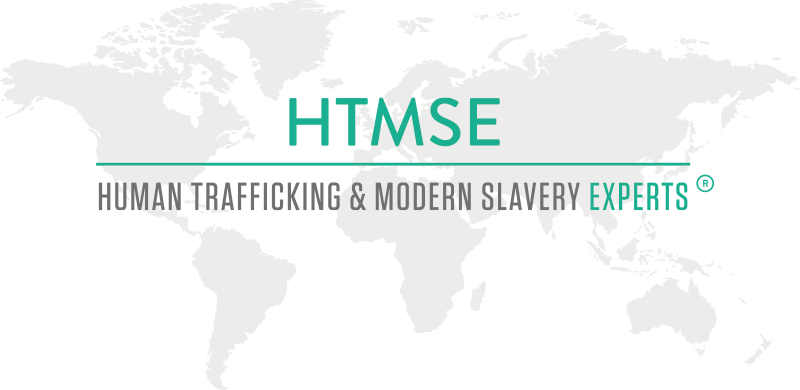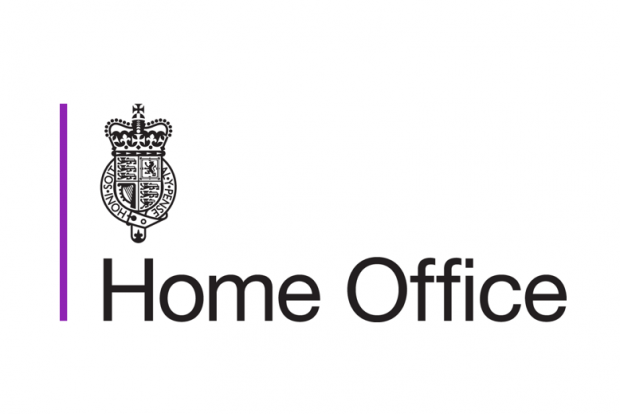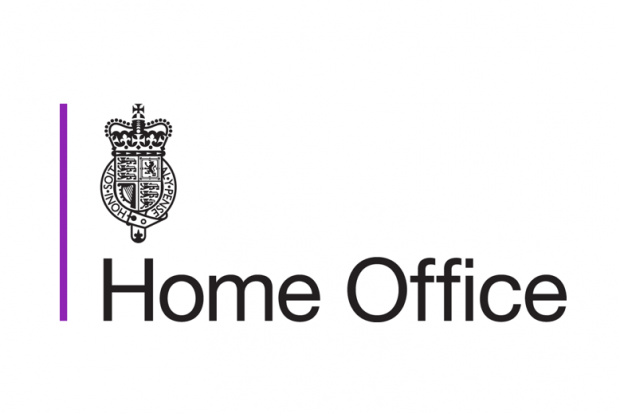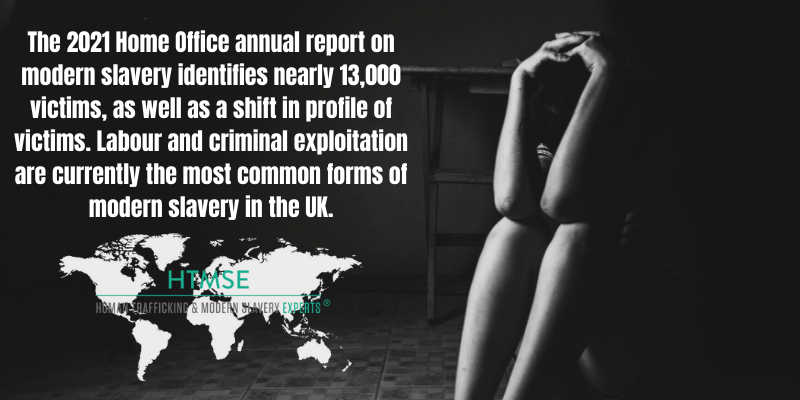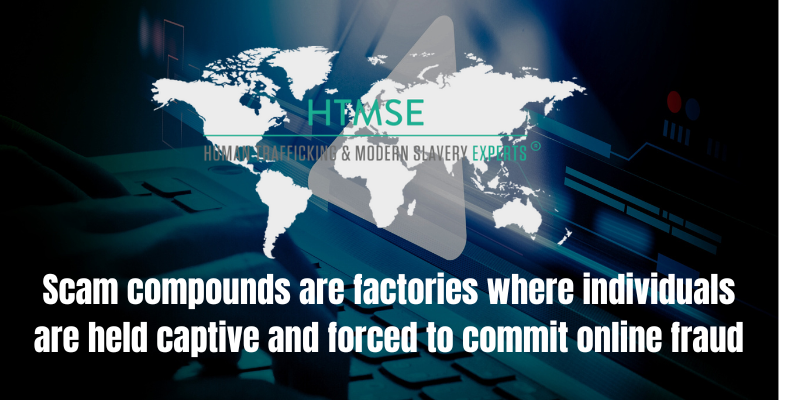
Global statistics show a significant rise in the use of cyber crime in human trafficking, in both the recruitment methods of victims, and recruitment for the purpose of scamming or online fraud.
International news sources report cases of people being hired for false jobs, and being forced to commit online fraud from ‘scam compounds’, factories where individuals are held captive by armed guards. It is estimated that hundreds of thousands of people have been trafficked to Myanmar, Cambodia, Vietnam and surrounding countries for the purpose of committing online scams and fraud. It is estimated that the cyber scam industry Southeast Asia generates more than $43 billion per year.
One case study was a man recruited from Uganda for a ‘data entry and online marketing job’ in Thailand, but on arrival he was diverted to Myanmar by car and boat. He was held captive in a scam compound, and forced to commit online fraud through online dating apps, posing as a fake romantic identity to lure the targets, American men, into providing financial information.
In Vietnam, local news sources report that 94% of human trafficking cases use fake social media accounts such as Facebook, Zalo and Telegram. While forced labour within the commercial fishing and illegal sex industries are still prevalent in the area, trafficking for forced online fraud is becoming most prominent. In Vietnam, the proportion of men being trafficked has risen from 16% to 64%.
Interpol has suggested the localised fraud and human trafficking crisis has now become a global concern, with victims both in the scam centres, and on the receiving end of the scams around the world. However, USAID funding cuts have significantly affected international counter trafficking responses and NGOs that support victims of trafficking in South East Asia. The agency funded $272 million USD in anti-trafficking projects across 78 countries, as of October 2024 which has been significantly reduced, affecting the response to the growing nexus between trafficking and online fraud.
